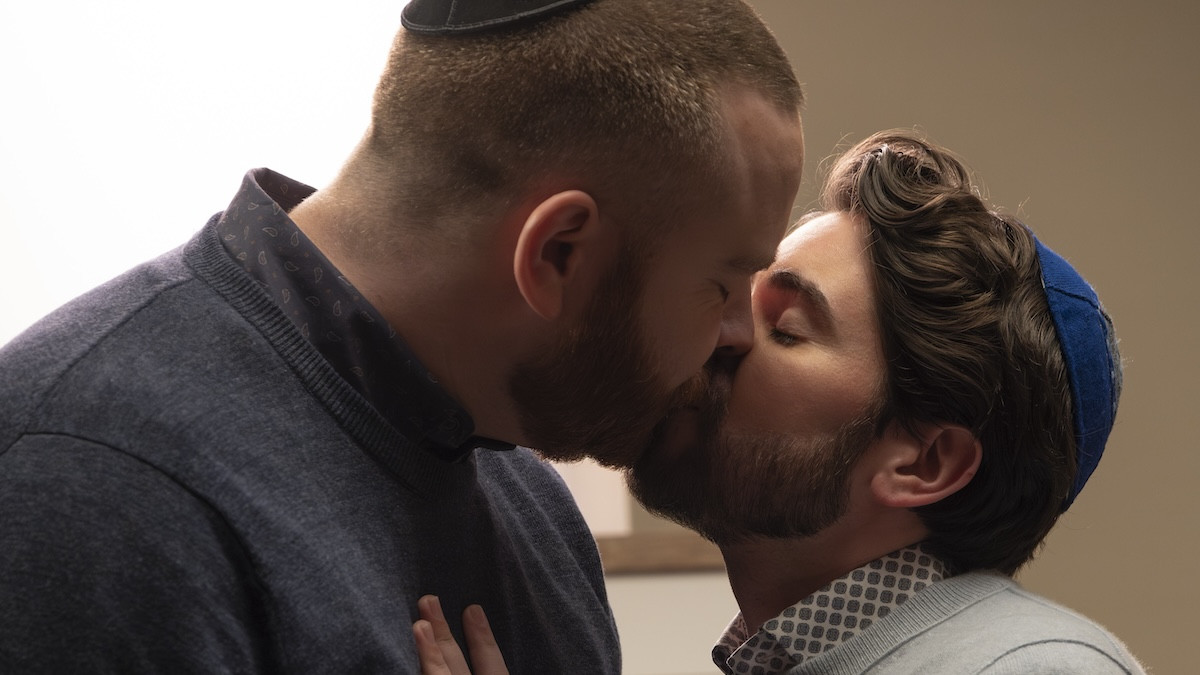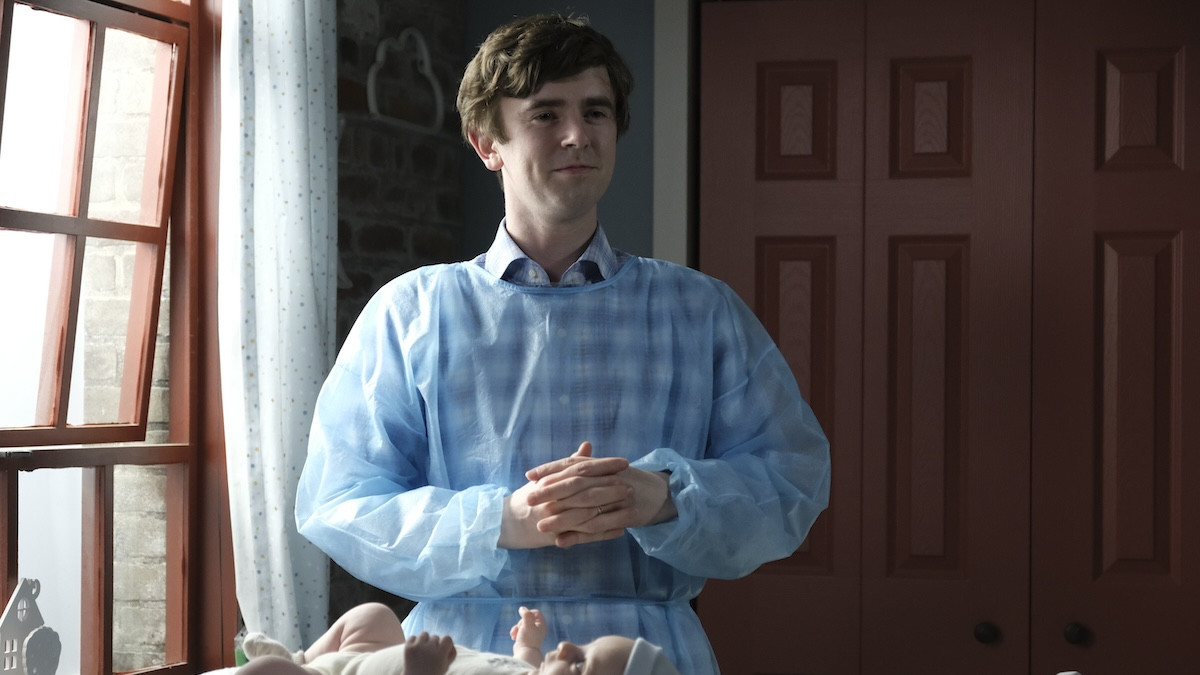The recent episode of “The Good Doctor” has left many viewers in shock and searching for answers after a beloved character met a tragic end. Dr. Asher Wolke, played by Noah Galvin, became the victim of a hate crime, a devastating plot twist in the show’s final season. This unexpected departure has prompted many to ask: Why Did They Kill Asher In The Good Doctor?
According to series writer Adam Scott Weissman, the decision to kill off Asher was twofold. Firstly, it was driven by Noah Galvin’s desire to explore new career opportunities beyond the show. This opened the door for the writers to consider a significant exit for his character. Secondly, and perhaps more impactfully, the writers saw this as an opportunity to address the alarming rise of antisemitic and anti-LGBTQ+ attacks in the real world.
Weissman explained in an interview with TheWrap that the writers wanted to portray the harsh realities of life, where happy endings aren’t always guaranteed. He stated, “We came into this [episode] with the thought that life doesn’t always have happy endings. Sometimes things happen suddenly and in a tragic way.” By having this tragedy befall a character viewers had grown to care about, the show aimed to highlight the very real and present danger of hate crimes, bringing the issue “home for our viewers.”
 the-good-doctor-giacomo-baessato-noah-galvin-disney-jeff-weddell
the-good-doctor-giacomo-baessato-noah-galvin-disney-jeff-weddell
The episode, titled “Who at Peace,” was deeply personal for Asher. It saw him reconnecting with his Jewish faith while assisting a dying patient in getting married. This journey allowed Asher to confront his own complex relationship with religion, having grown up queer within the Hasidic community. Furthermore, the episode hinted at a significant step in his relationship with his partner, Jerome, as Asher contemplated proposing on their upcoming two-year anniversary.
Tragically, after the patient’s wedding, while escorting the rabbi back to the synagogue, Asher encountered vandals. Initially, it seemed he had successfully scared them off. However, in a cruel twist of fate, the vandals returned, killing Asher just as Jerome was waiting to propose. This brutal act underscored the episode’s somber message about the sudden and senseless nature of hate crimes.
While Asher’s death serves as a commentary on societal issues, Weissman emphasized that the primary goal was to provide a meaningful conclusion to Asher’s storyline. He highlighted Asher’s powerful final line, “I’m not just a Jew, I’m a gay one, too,” as a pivotal moment of character development. This line encapsulated Asher’s journey of reconciling his identities, realizing he didn’t have to choose between being Jewish and gay. For the writers, this was a “satisfying ending” for Asher’s arc, even amidst the tragedy.
 the-good-doctor-freddie-highmore-abc-jeff-weddell
the-good-doctor-freddie-highmore-abc-jeff-weddell
Acknowledging the sensitive nature of killing off LGBTQ+ characters, Weissman addressed concerns about the “bury your gays” trope. He credited showrunner Liz Friedman, a member of the LGBTQ community, for her guidance in navigating this delicate narrative. Weissman stressed that while Asher’s death is undeniably tragic, it’s also intended to be a “heroic moment,” showcasing his embrace of his full identity in the face of danger and his willingness to protect a sacred space.
Looking ahead, the aftermath of Asher’s death will deeply affect the remaining characters, particularly Jerome. While the show will move forward with medical emergencies and other storylines, the emotional impact of this loss will continue to resonate throughout the final episodes of “The Good Doctor,” serving as a poignant reminder of the episode’s difficult but important message.
Ultimately, Asher’s death in “The Good Doctor” was a confluence of factors: Noah Galvin’s career aspirations and a desire to address real-world issues within the show’s narrative. While shocking and heartbreaking, it served to highlight the tragic consequences of hate and offered a powerful, albeit somber, conclusion to Asher Wolke’s character arc.
